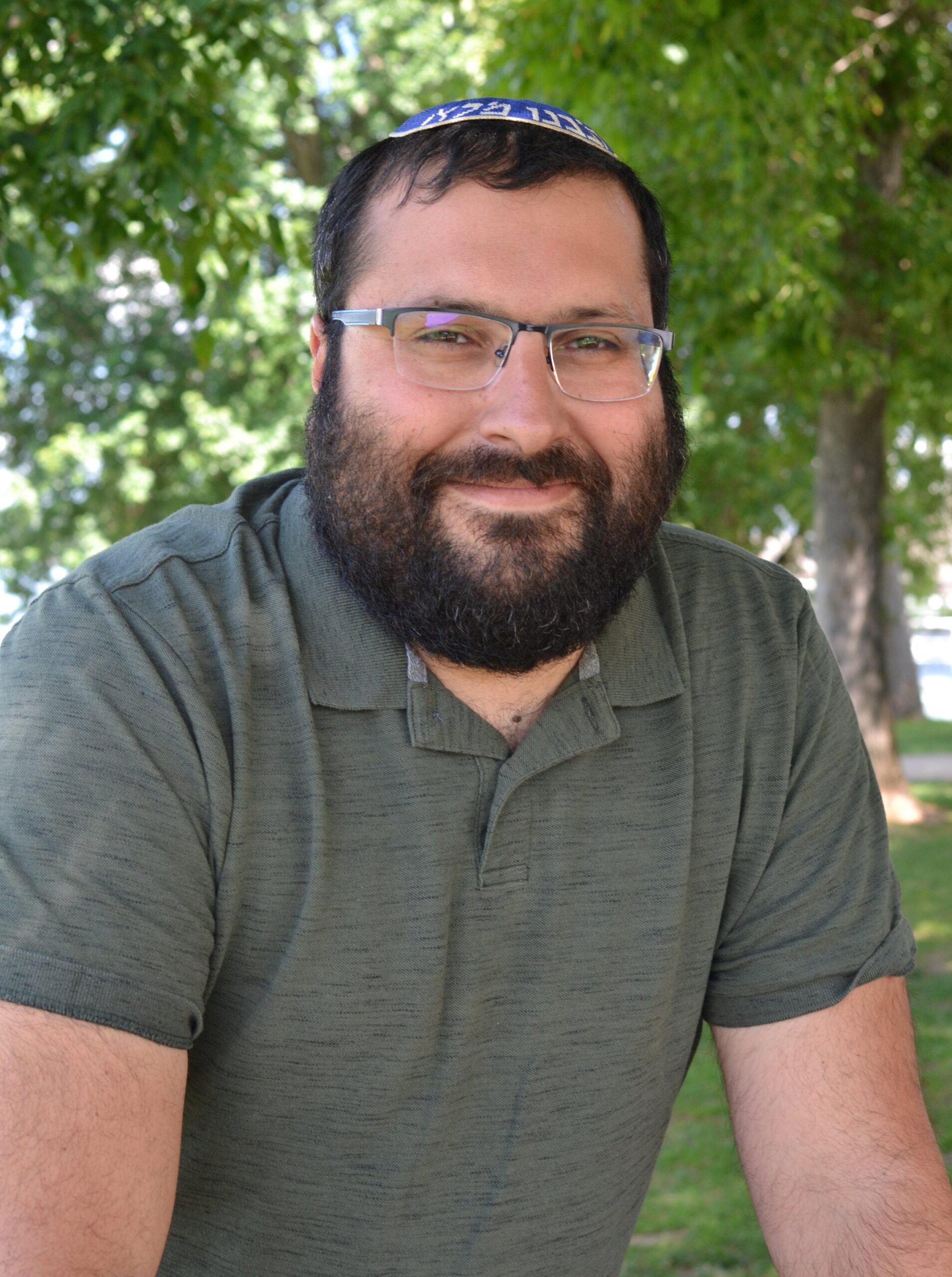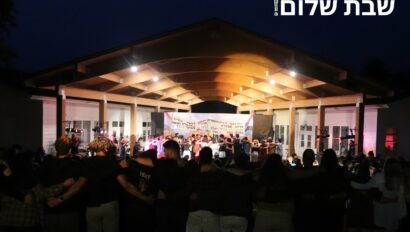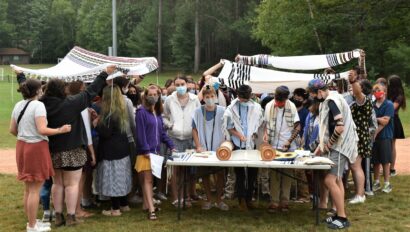Favoritism is the genetic legacy our ancestors gifted us. It is the lens through which Sefer B’reishit (Genesis) demands to be read. It, and the jealousy that ensues, is the driving force in the narratives of Sarah and Hagar, Isaac and Ishmael, Jacob and Esau, and Rachel and Leah. In this week’s parashah, four generations of favoritism and its wretched consequences resolves itself, to a degree, in the climactic third act of the four-act novella in which Joseph is chief protagonist.
Our parashah begins with an extended speech by Judah, surely one of the longer interpersonal monologues in the Torah, in which he recounts why he must intercede to take Benjamin’s place in jail. The narrative is the very basic definition of redemption – Judah, faced with practically the same circumstances he and his brothers encountered years ago that resulted in selling Joseph, chooses to rescue Benjamin and not condemn him. The wrong has been made right.
Hidden in the text here is a fascinating allusion that, read in parallel with one of the most perplexing encounters in B’reishit, can shed some additional light on the family dynamics at play here and the insidiousness of overt favoritism.
In 44:20 we read the following pasuk (verse):
ונאמר אל אדני: יש לנו אב זקן, וילד זקונים קטן. ואחיו מת, ויותר הוא לבדו לאמו לאביו אהבו.
“And we answered to our Lord: We have an elderly father, and a son [born to him in his] old age, the youngest [of us]. And the boy’s brother is dead, and he remains alone of his mother, and his father dotes on him.”
This phrase is doing more than explaining that Benjamin is the only remaining offspring of the loving relationship between Rachel and Jacob and, in Jacob’s old age, a prime reason to keep living. It is also a near exact echo of a verse we read a few weeks ago, at 32:25:
ויותר יעקב לבדו, ויאבק איש עמו עד עולות השחר.
Jacob was left alone. And a man wrestled with him until the break of dawn.
Being alone – being לבד / l’vad – is a description in the Hebrew Bible that denotes, rather obviously, vulnerability. It also seems to denote something far richer: Godliness, specifically that quality of God that is unique, filling up the world and therefore not leaving space for an Other. God is the quintessential lonely being and, I suggest, human beings described as being l’vad are in a quasi-divine state in which they do not belong (see: Deuteronomy 4:35 and Psalms 136:4).
The word is used to describe Adam – it is not good for Adam to be alone – and Moses – I cannot carry all the people alone – in addition to Jacob and Benjamin. Adam’s loneliness is rectified by God’s creation of Eve; Moses spends his life in limbo, impaired by his unparalleled relationship with God from developing normal human relationships. Jacob’s loneliness precipitates his encounter with the man/angel/being/himself with whom he wrestles; that interaction begins the second phase of his life where he is known as Israel.
So what of Benjamin?
Benjamin’s loneliness is, I believe, most akin to that of Adam. We can imagine that the whole family, Jacob and Benjamin’s own siblings, cocooned him from life’s realities and dangers as much as they possibly could. If possible, the entire family would have encased Benjamin in a protective glass case like a fancy cake or the rose from Beauty and the Beast – or, to use a more contemporary metaphor, built the proverbial antiseptic bubble around him. Benjamin, in this regard, was made God-like: physically separate, others too fearful to approach. The intimate contact which makes all of us human was denied him and, as the verse reminds us, the pedestal on which he was placed was the result of the circumstances of his birth. Benjamin was the only remnant of his beloved mother and the father who loved both her and the baby born at the moment of Rachel’s death. The Torah tells us that Rachel named Benjamin Ben-oni, the son of my despair, as she lay dying; Jacob renamed him Ben-yamin, the son of my joy, the last thing Rachel produced.
When we think of favoritism, we think of the jealousy it engenders in those who are not favorites. What we often miss in this analysis is the way that favoritism stifles the favorite too, setting them up as more-than-human, lonely in their status and petrified of failing those who shower upon them the well-meaning and all-too-human love. We must reconcile the fact that favoritism is an inherent part of the human condition and, as such, injures three sets of parties: he who bestows favoritism who suffers from selfishness; she upon whom the favoritism is showered, who can suffocate from impossible expectations; and others who look upon the favorite with jealousy and spite, their own self-perceptions twisted.
As a counselor and Rosh Eidah (Division Head) I remember learning lessons about favoritism and its impact on my campers. Today, as a parent and in our work at Ramah Day Camp and Camp Ramah in Wisconsin, I continue to navigate this innate human impulse to be drawn to those who share our interests or in whom we see ourselves. The tug is countered by an understanding of the consequences, some positive and others less than ideal.
I think the ultimate lesson we ought to draw from the favoritism narratives and the specific notion of l’vad as applied to Jacob and Benjamin is that our tradition believes very strongly that we strive to imitate God (imitatio dei). Yet we must also be hyper-aware of the ways in which human beings are not God-like – and God’s supreme loneliness is one of them. We learn in the Talmud that gemillut chasidim (acts of lovingkindness) is an area where we strive to model our own lives on God’s action. Let’s focus on those acts and not the idolization of others.
It is, ultimately, far more beneficial for us and the world to enhance that which is human in each other – and to recognize the profound humanity in God – than to attempt to raise up our fellow human beings to be gods themselves.
Shabbat Shalom.






